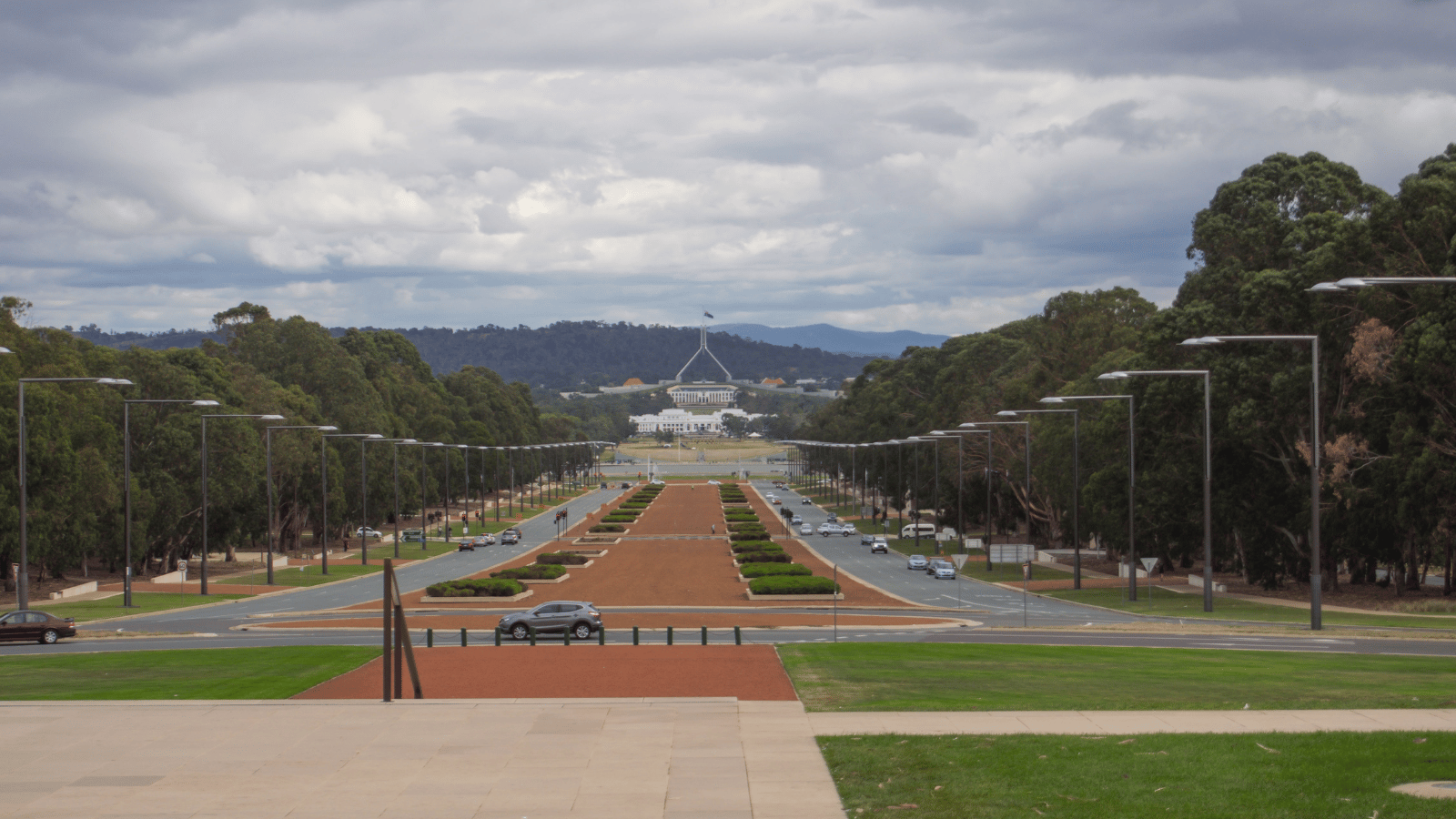The Government’s start to the second sitting period was dominated by climate change, as its headline 43% emission reduction by 2030 target passed both houses with amendments accepted from independent senator David Pocock in the upper house.
However, the parliamentary program was then put on hold for 15 days, as is tradition following the passing of a Monarch. This meant the postponement of the second half of the September sitting period to the 23rd and 26th-28th of September, halting the government’s legislative program.
Amidst these disruptions, the sitting period still provided significant legislative milestones for the government and has allowed the introduction of the legislation required to meet election-era promises, albeit with less time for the government to plan its actions for the end of the year.
There was a relatively meagre number of bills passed through one or both houses this period, but they touched on some of Labor’s core election issues. They included:
- The abolition of the Cashless Debit Card program, a form of compulsory income management employed most notably in Far North Queensland among other locations.
- The formation of Jobs and Skills Australia passing the lower house. Following on from outcomes of the federal jobs and skills summit, this entity will see debate in the senate before it replaces the role of the National Skills Commission.
- Treasury amendments to support small businesses utilizing the Administrative Appeals Tribunal, and allowing alternative resolution to recordkeeping infractions that does not levy financial penalties. This is expected to go through the senate reasonably quickly.
- Passage of the bill instituting paid Family and Domestic Violence leave through the House of Representatives, and its introduction to the senate
- Passage through the lower house changes to FBT implications of electric vehicle use and acquisition, which is expected to be subject to protracted senate debate.
The main utility of the split period was to introduce bills that align with Labor’s top policy priorities. These include:
- The much-lauded “federal ICAC,” known in parliament as the National Anti Corruption Commission (NACC). The Attorney General’s proposed legislation will create an independent, retroactive body with a broad scope to review anyone accused of unfairly altering the process of government. The parliamentary debate will zero in on the bill’s ambiguous thresholds for what makes a hearing public versus private.
- Bills to institute Labor’s intended childcare subsidies, which will commence from 1 July 2023. This was central to the ARA’s advocacy surrounding workforce participation and the need to support flexible work arrangements and has been referred to a senate committee for further review.
- Changes surrounding contract terms, especially as they apply to small business, introduced on the final day of the sitting period. This bill will also increase the current employee threshold for parties involved in contracts to be considered “small businesses,” from 20 to 100, extending the protections afforded for SMBs.
- Implementing 7 more recommendations of the Jenkins Respect@Work report, a core workplace promise from the ALP’s election platform. This aims especially to ensure enforcement mechanisms are resourced and available for complainants, as well as enshrining a positive duty on employers to prevent sexual discrimination and sexual harassment. This has also been referred to committee, with a report expected back early next month.
This was not a period the Government intended to use to push through all its bills before the budget, but rather an opportunity to solidify the platform they will stand on for the two sitting fortnights still to come this year.
Whilst much of the broken 25 October to 11 November period will be subsumed by the demands of the Budget and Budget Estimates, it is fair to expect the Government will want to use the 21 November to 1 December sitting period to pass many of the promised election era legislative items that were tied to time limits, the national anti-corruption commission being the chief example.




















